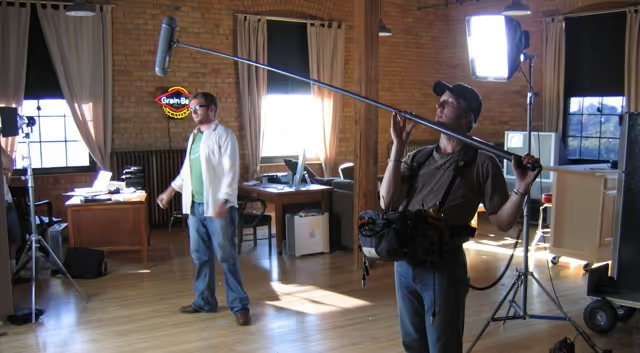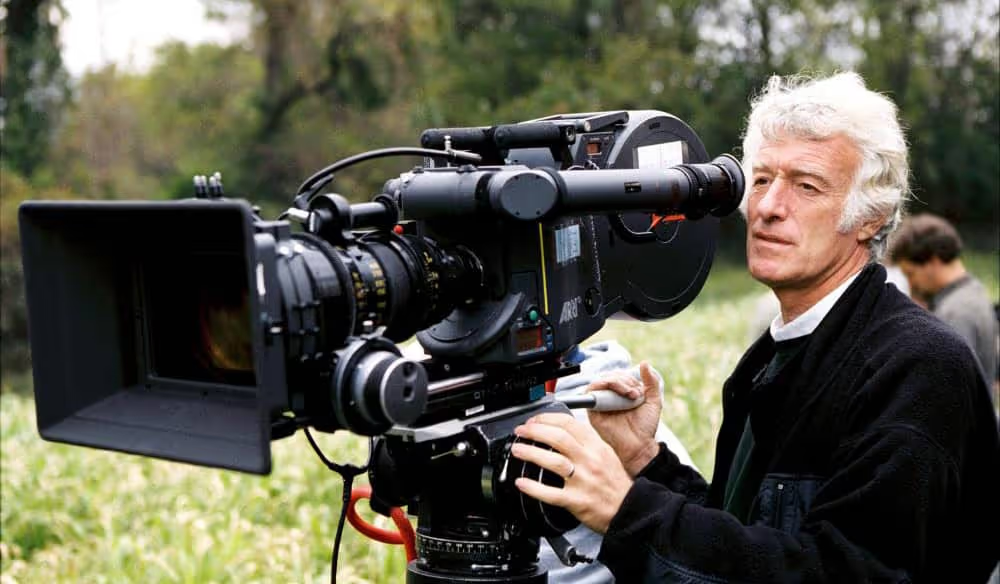Table of Contents
A sound assistant is a professional who works in the film and television industry to help with the recording and production of sound. They are responsible for ensuring that the audio quality of a project is of the highest possible standard and that all dialogue and other sounds are recorded correctly and in the best possible manner.
Roles and Responsibilities of a Sound Assistant
The role of a sound assistant is crucial to the success of any film or television production. They work closely with the sound mixer, boom operator, and other production team members to ensure that all sound recordings are of the highest quality. Here are some of the key roles and responsibilities of a sound assistant:
Setting up Audio Equipment
A sound assistant is responsible for setting up all of the audio equipment needed for production. This includes microphones, cables, mixers, and recording devices. They must ensure that all equipment is in good working condition and that it is set up in the best possible location for recording.
Monitoring Sound Levels
During production, the sound assistant must monitor the sound levels to ensure that all dialogue and other sounds are recorded at the correct volume. They must also adjust the levels as needed to ensure that the audio quality is consistent throughout the production.
Assisting with Sound Design
The sound assistant also plays a key role in the sound design of a production. They work closely with the sound mixer to help create the desired audio effects and to ensure that all sounds are recorded in the best possible manner.
Maintaining Audio Equipment
In addition to setting up the audio equipment, the sound assistant is responsible for maintaining it throughout the production. This includes cleaning and repairing equipment as needed, and ensuring that it is stored properly when not in use.
Qualifications and Skills Required
To become a sound assistant, one must have a strong knowledge of audio equipment and techniques. Many sound assistants have a degree in sound engineering, audio production, or a related field. In addition to their education, sound assistants must also have the following skills:
Attention to Detail
The ability to pay close attention to detail is essential for a sound assistant. They must ensure that all audio recordings are of the highest possible quality, and that all dialogue and other sounds are recorded correctly.
Technical Skills
Sound assistants must have a strong understanding of audio equipment and techniques. They must be able to troubleshoot any technical issues that may arise during production and must be able to operate all equipment with ease.
Communication Skills
Sound assistants must be able to communicate effectively with the rest of the production team. They must be able to take direction from the sound mixer and other team members and must be able to provide input and feedback as needed.
Physical Stamina
The role of a sound assistant can be physically demanding, as it often requires long hours on set and carrying heavy equipment. As such, sound assistants must be in good physical condition and must be able to work long hours without tiring.
Conclusion
A sound assistant plays a critical role in the success of any film or television production. They are responsible for ensuring that all audio recordings are of the highest possible quality and that all dialogue and other sounds are recorded correctly. Sound assistants must have a strong understanding of audio equipment and techniques, along with excellent communication and technical skills. If you are interested in a career in the film and television industry, becoming a sound assistant can be a rewarding and fulfilling career choice.






